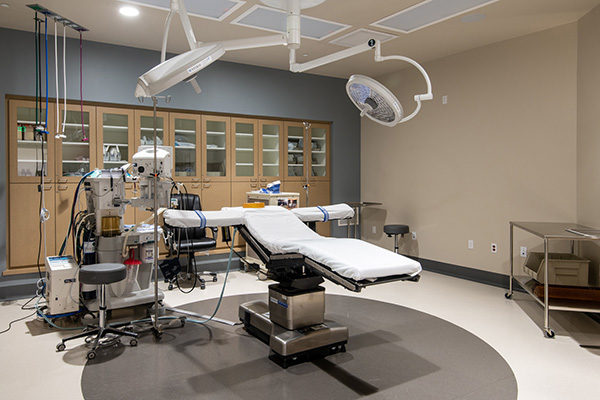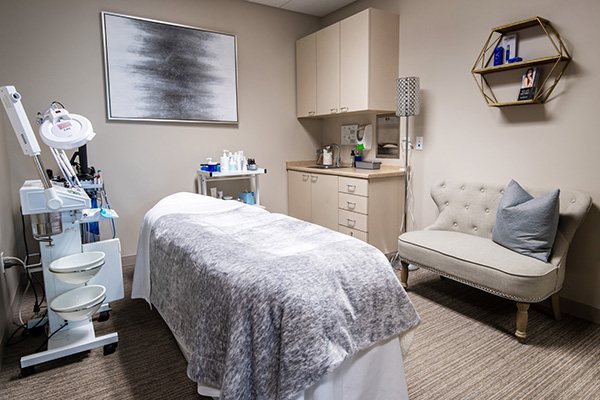
How to Manage Pain and Pain After Nose Surgery Surgery
Rhinoplasty, typically referred to as a nose job, is among the most popular plastic surgery treatments. While lots of people select nose job for visual factors, it can likewise be performed to correct breathing issues or deformities arising from mishaps. Though the procedure itself may just take a couple of hours, the recovery stage can be lengthy and uneasy for many clients. In this short article, we'll look into how to handle discomfort and pain after rhinoplasty surgery, supplying you with insights and methods that can facilitate your recovery.
Understanding Nose job Surgery
What is Rhinoplasty?
Rhinoplasty is a surgery focused on reshaping the nose for either cosmetic or practical functions. Whether someone desires a more refined look or requires restorative surgery due to a medical condition, nose job can provide considerable improvements.
Why Do People Undergo Rhinoplasty?
Patients choose nose surgery for numerous factors:
- To improve facial symmetry
- To boost nasal proportion
- To appropriate birth defects or injuries
- To minimize breathing problems
The Cost of Rhinoplasty
One necessary element that lots of prospective patients think about before undergoing nose job is cost. The typical rhinoplasty cost can differ extensively based upon several elements:
- Geographic location
- Complexity of the procedure
- Surgeon's expertise
In general, costs can range from $5,000 to $15,000.
Preparing for Rhinoplasty Surgery
Consultation with Your Surgeon
A thorough assessment with your cosmetic surgeon is important. Discuss your expectations and any concerns regarding discomfort management post-surgery.
Pre-Surgery Instructions
Your cosmetic surgeon will provide particular guidelines leading up to the surgery, consisting of dietary restrictions and medications to avoid.
Mental Preparation
Knowing what to expect can assist alleviate stress and anxiety related to pain management after the procedure.
The Day of Surgical treatment: What to Expect
Anesthesia Options for Rhinoplasty
Rhinoplasties are typically carried out under basic anesthesia or local anesthesia with sedation. Understanding your options helps in managing postoperative discomfort effectively.
Surgical Procedure Overview
Rhinoplasty typically includes making cuts inside the nostrils or across the base of the nose, permitting access to reshape bone and cartilage as needed.
Postoperative Pain Management Strategies
How Much Discomfort Need to You Expect?
While everyone's discomfort limit varies, many clients experience mild to moderate pain following surgical treatment. You may feel pressure or tightness in your face instead of sharp pain.
Medications Recommended by Your Surgeon
Your surgeon will likely prescribe discomfort medications. It's important to follow their guidelines carefully relating to dose and timing.
Common Medications Consist of:
- Ibuprofen: Lowers inflammation.
- Acetaminophen: Alleviates pain.
Over-the-Counter Options for Discomfort Relief
If prescribed medications aren't sufficient or if you choose an alternative method, several over the counter choices might help handle discomfort:
Always consult your doctor before taking any medication post-surgery.
Physical Convenience Measures Post-Rhinoplasty
Resting Position and Elevation of the Head
Keeping your head elevated while resting can considerably minimize swelling and speed up recovery time. Usage several pillows when lying down or oversleep a recliner chair if possible.
Ice Packs: An Easy Yet Reliable Solution
Using ice bag around the nasal area can help reduce swelling and numb pain throughout those initial recovery days.
Recommended Ice Pack Usage:
- Apply 20 minutes on/off for the first two days.
Hydration: The Unsung Hero of Recovery
Staying hydrated not just help in overall health however likewise promotes faster healing post-surgery. Aim for a minimum of 8 glasses of water daily unless otherwise directed by your doctor.
Emotional Wellness During Recovery After Nose Surgery Surgery
Expectations vs. Reality: Handling Emotional Distress Post-Surgery
Patients frequently feel nervous about how they look right after surgical treatment; comprehending this psychological part is crucial for smooth healing.
Tips for Psychological Assistance:
Recognizing Problems: When to Look for Help?
Signs of Infection Post-Rhinoplasty Surgery
Awareness of potential issues such as infections is very important in handling pain successfully after surgery:
- Increased soreness around incisions
- Severe swelling that does not subside
- Fever above 101 ° F(38 ° C)
If you notice these indications, contact your doctor immediately.
Lifestyle Adjustments Throughout Recovery Following Rhinoplasty Surgery
Avoiding Exhausting Activities Post-Surgery
For at least 2 weeks following surgical treatment, avoid heavy lifting or vigorous workout as these activities could exacerbate swelling and lengthen recovery time.
Dietary Modifications That Aid Healing
Focus on nutrient-rich foods that promote healing-- think fruits abundant in vitamins C and K (like oranges and spinach), lean proteins (like chicken), and entire grains (like wild rice).
Follow-Up Consultations: Value for Long-term Success Post-Rhinoplasty Surgery
Regular follow-up gos to are important in keeping an eye on healing progress and ensuring any complications are attended to nasal aesthetics promptly.
FAQs About Handling Discomfort After Rhinoplasty Surgery
1. The length of time does discomfort last after rhinoplasty?
Discomfort usually peaks within 2 days post-surgery but considerably decreases within a week as healing progresses.
2. Can I take aspirin for discomfort relief?
No! Aspirin needs to be avoided as it can increase bleeding risks post-surgery; stick to what your medical professional recommends instead!
3. Is it regular to have bruising after rhinoplasty?
Yes! Bruising around the eyes is common however typically solves itself within two weeks.
4. When can I return to work after rhinoplasty?
A lot of patients return within one week; nevertheless, it depends upon how you're feeling physically and emotionally.
5. What should I do if my pain medication isn't working?
Consult your surgeon instantly; they might change your medication strategy accordingly.

6. How quickly can I resume normal activities like exercise?
Normally speaking, light activities can resume after 2 weeks however full exercises may take longer-- around 6 weeks-- depending upon private healing rates.
Conclusion
Managing discomfort and discomfort after rhinoplasty surgery requires mindful attention both physically and emotionally. By understanding what to expect during recovery-- from medication management to way of life adjustments-- you're setting yourself up for success in achieving wanted visual results without unnecessary suffering along the method! Remember constantly speak with doctor about any issues that develop during recovery-- your health comes first!

In summary, whether you're considering nose job as a cosmetic improvement or corrective procedure, being knowledgeable about post-operative care plays a critical role in guaranteeing smooth transitions back into daily life while taking pleasure in newly found confidence!
